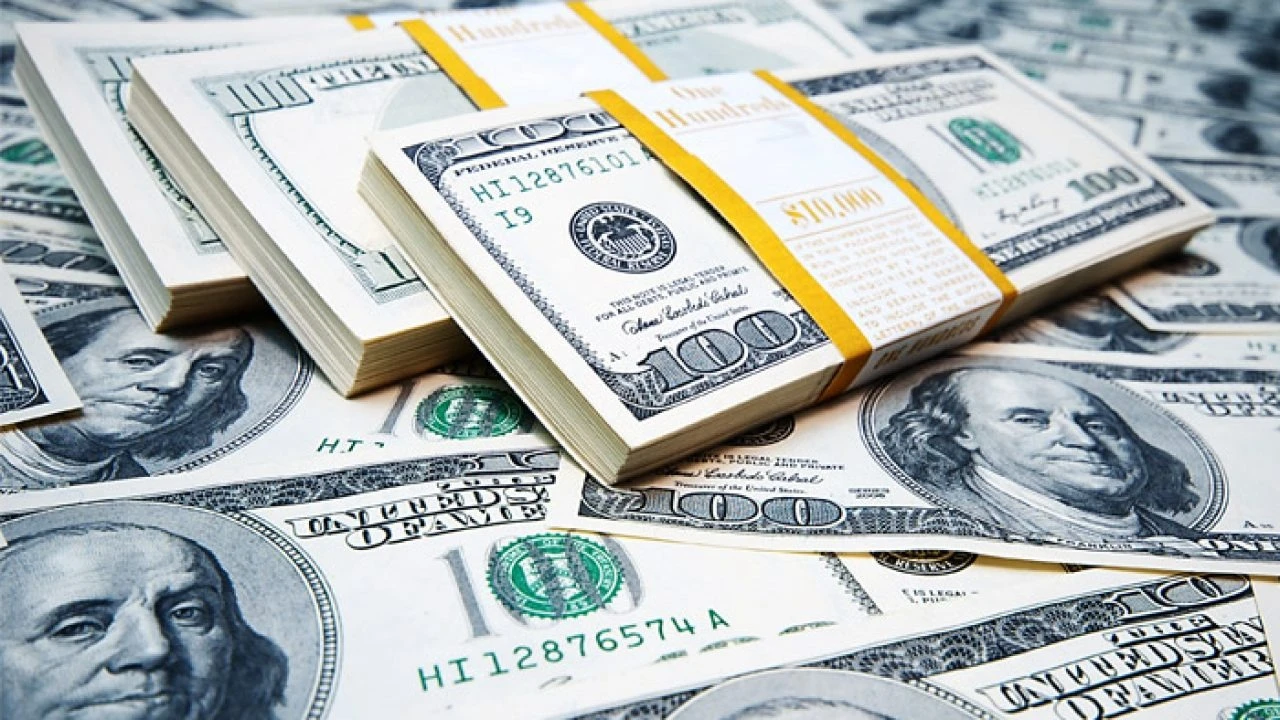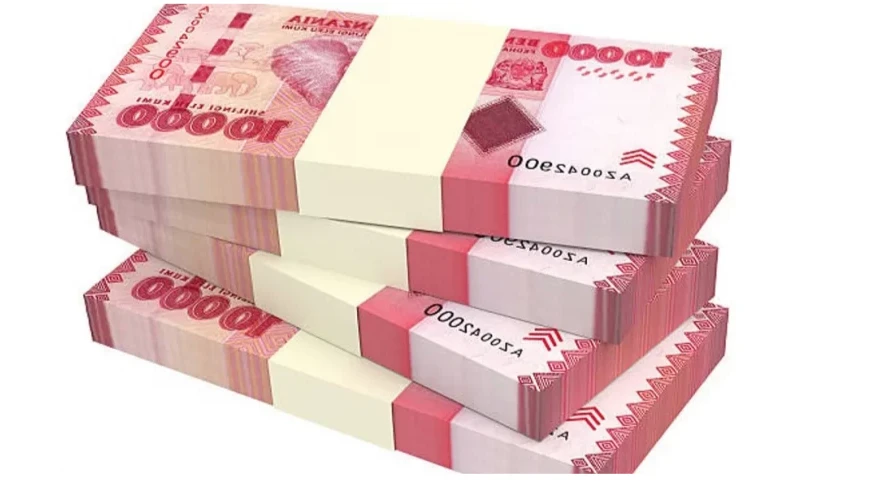Dollar: Importers facing street sellers, shippers’ arbitrary rates

LOCAL businesspeople, especially those involved in imports, have expressed concern about persistent difficulty in accessing US dollars, despite the recent depreciation of the dollar against the local currency.
For some traders, like Jabiri Mtoro, buying dollars from private individuals remains the most reliable option, although it comes at a higher cost.
A local bank employee confirmed that dollar availability has slightly improved, with the bank in which he works now selling up to $5,000 per day compared to just $1,000 six months ago.
He attributed the shortage to large businesspeople particularly in the tourism sector, who hoard US dollars rather than depositing them in banks.
“This has become a business; when the dollar depreciates, large investors buy and hoard it, waiting for the price to rise before selling,” he stated, asserting that this behaviour limits dollar circulation, even when its price has declined.
This situation is becoming increasingly worrying for traders, many of whom are now hesitant to make large purchases due to the volatility of the dollar. Some are concerned about being forced to sell goods at a loss due to unpredictable fluctuations in the exchange rate, analysts say.
Victoria Msina, a spokesperson for the Bank of Tanzania, said that BoT has issued guidelines encouraging businesses to carry out financial transactions in the local currency “to reduce inconveniences and losses.”
She said that the shilling has strengthened against the dollar, making it more practical for local transactions to be conducted in the national currency.
“The government encourages people to use the local currency for various transactions, including in international schools, which are advised to charge fees in the local currency,” she further stated, avoiding issues about black market prevalence in dollar accessibility.
Analysts recall that at the start of 2023, the country experienced a severe shortage of US dollars, with top officials saying the situation arose from “lingering economic effects of the Covid-19 pandemic.”
The scarcity led to disruptions for local traders, having to purchase dollars at inflated rates, rising to 2,800 /- per dollar from private individuals as banks had little to sell.
Although the government has taken several steps to address the issue, including forming a panel of experts to assess the dollar shortage and recommend solutions, life is not easier for seeking to make dollar purchases.
The Bank of Tanzaniao said in late year report that the dollar had depreciated against the local currency, recently recorded at 2,406/- per dollar, from 2,700/- in October. While this suggests some improvement, unavailability of dollars in banks makes all official rate quotations unrealistic for businesses.
Ramadhani Ngang'uli, who sells women's clothing at Kariakoo, shared his frustration, accepting that the dollar had declined in value but was scarcely accessible.
Traders regularly visiting banks to purchase dollars are told that no stocks are available, thus having to turn to private sellers who offer the currency at a higher price than what is pinned on bank windows.
Shipping agents often take advantage of this situation by setting own exchange rates for dollar payments, much higher than the rates offered by banks and even on the streets, he said.
Lemsi Mazengo, also a trader, acknowledged the slight improvement in dollar availability in banks but stressed that it still falls short of meeting the needs of businesspeople.
While he can now buy up to $500, the bank imposes conditions that restrict his daily purchase to just $100, he said, noting that this leads to further complications, including falling back to street purchases.
Top Headlines
© 2025 IPPMEDIA.COM. ALL RIGHTS RESERVED






















